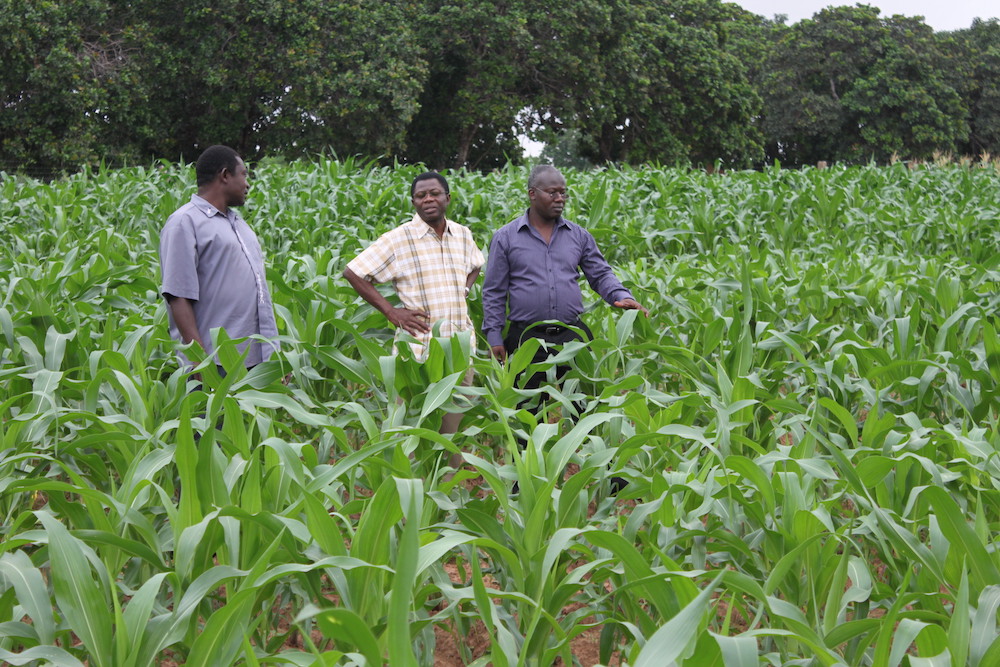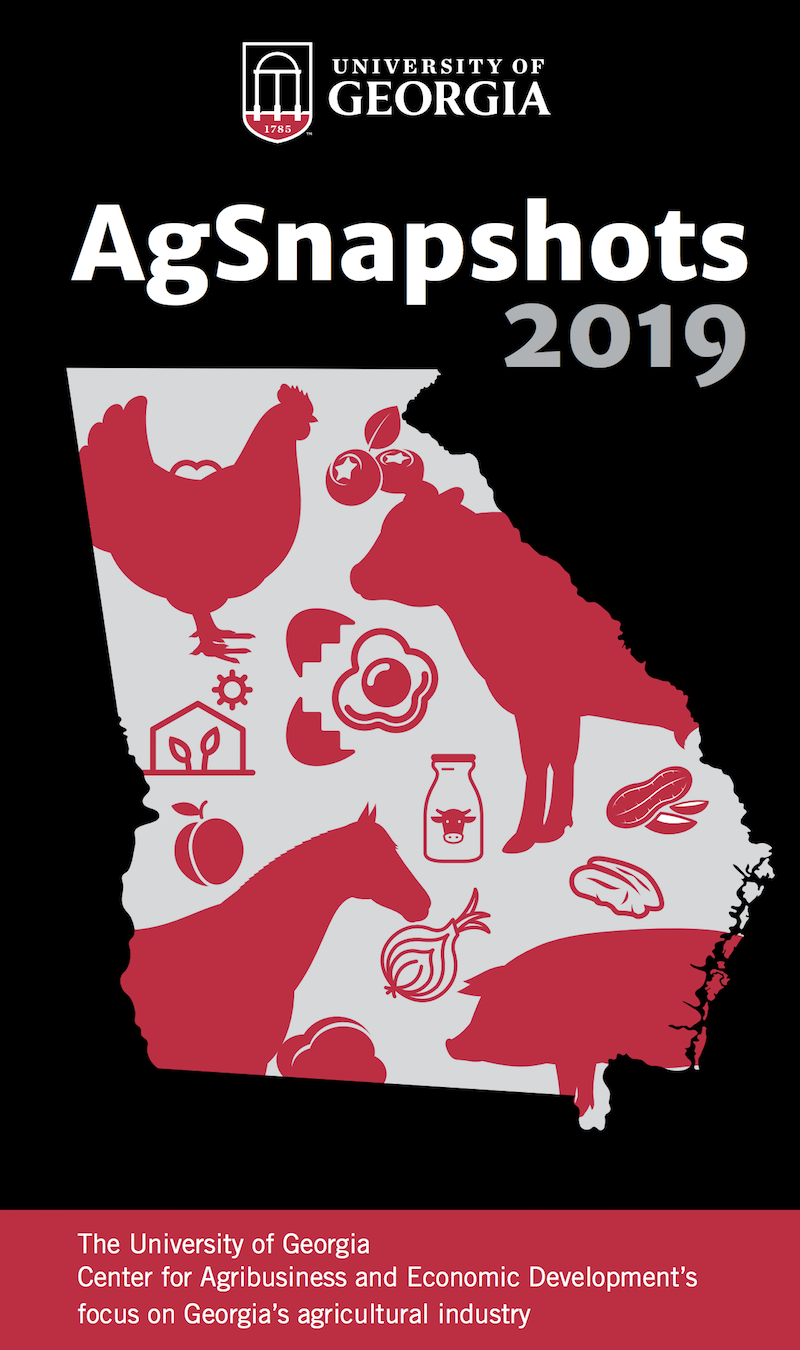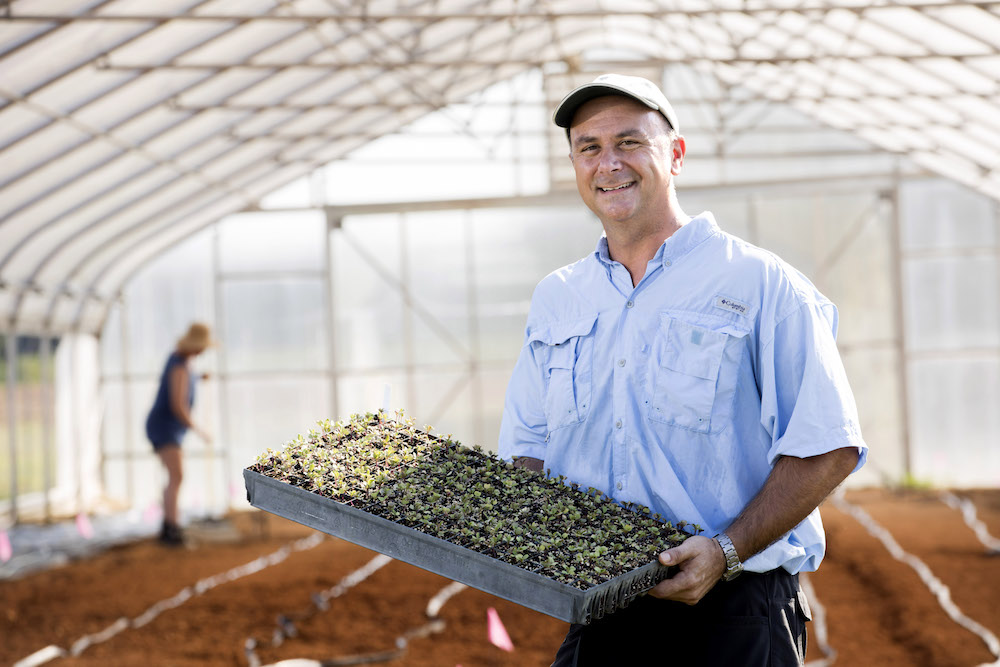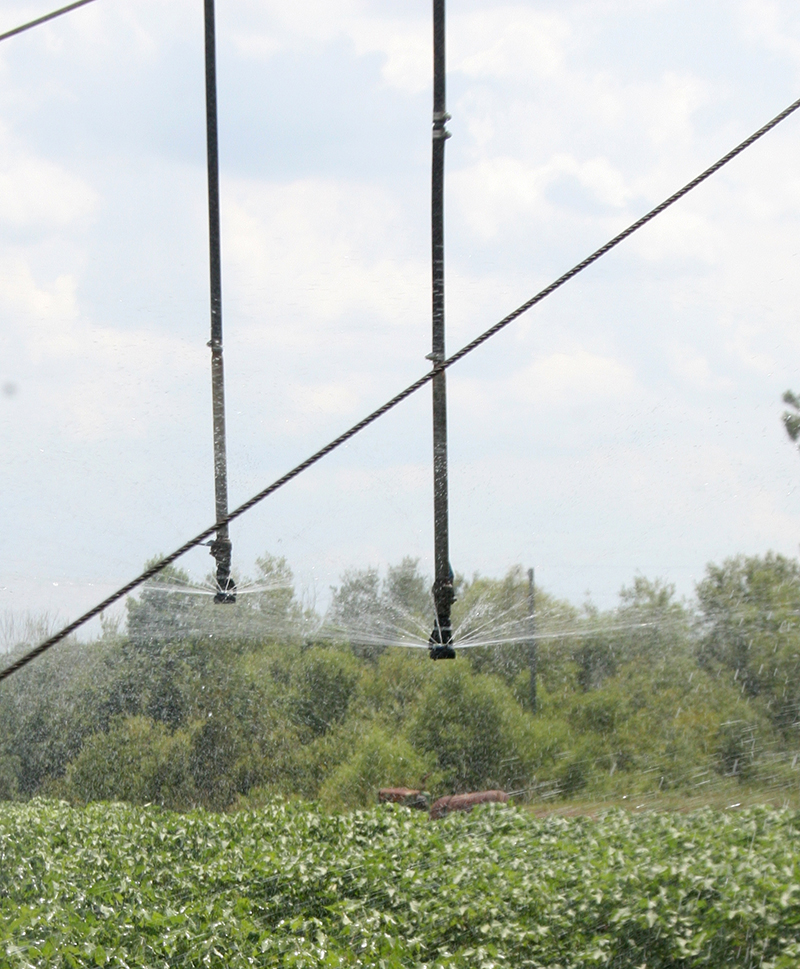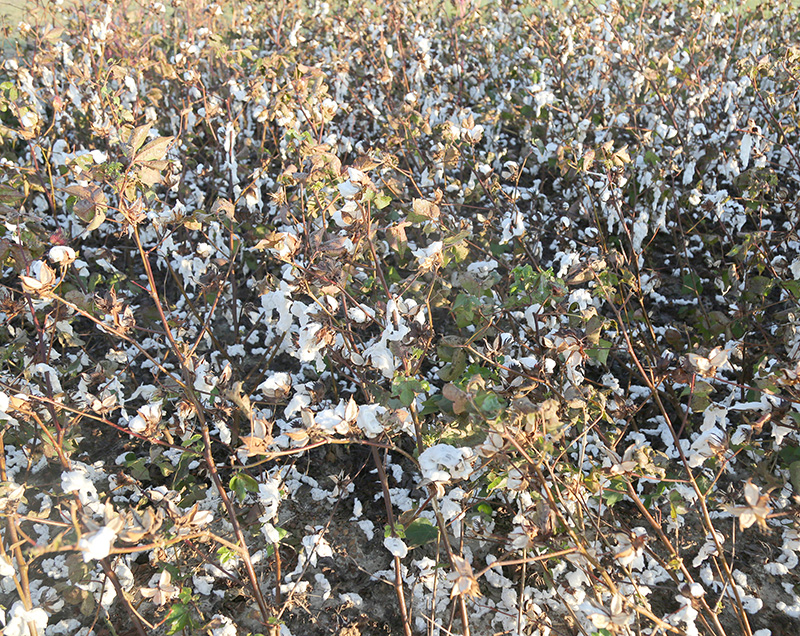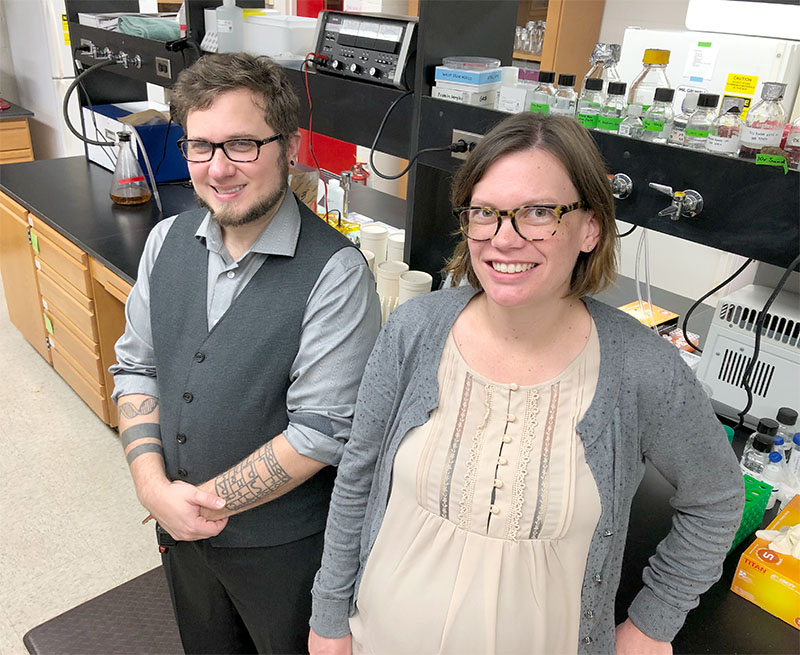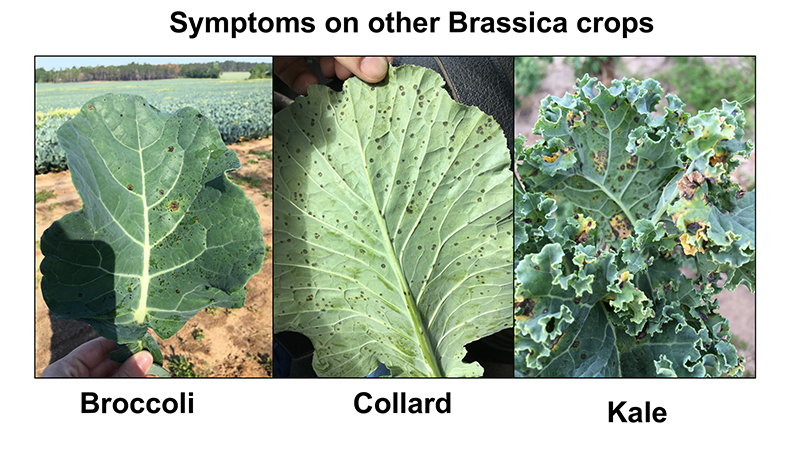 CAES News
CAES News
Alternaria leaf blight
Popular vegetables like broccoli and kale are among the crops that could be in danger from Alternaria leaf blight — a disease that can cause spots on some brassica crops and render them unmarketable — which has developed resistance to a once-dependable fungicide Georgia farmers rely on, according to Bhabesh Dutta, University of Georgia Cooperative Extension plant pathologist.

